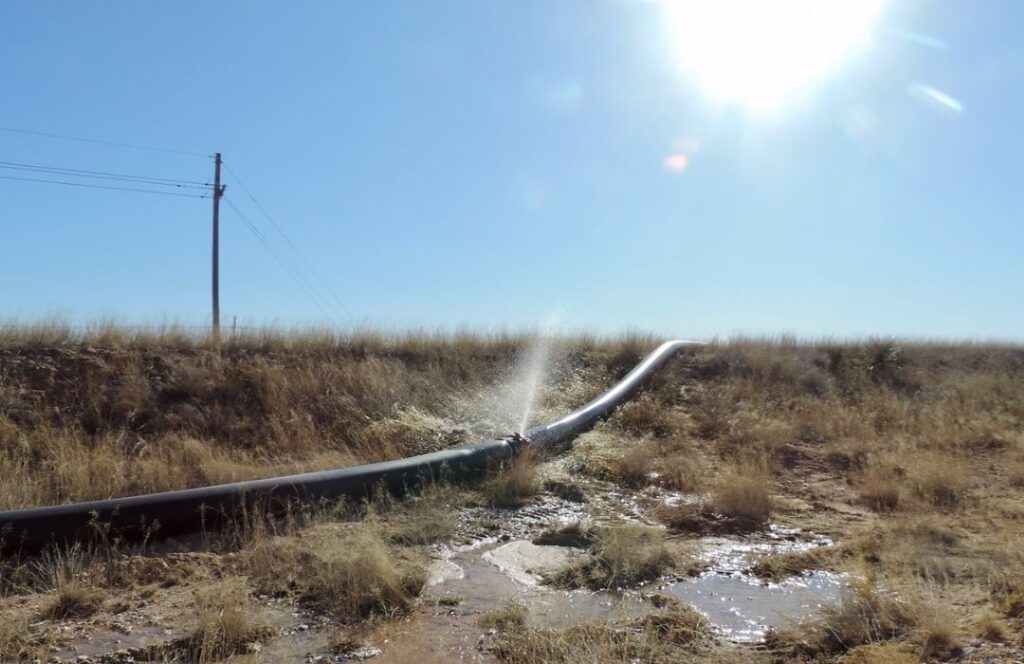Current work in wildlife, rivers, public lands, and climate
Press Releases
Toxic oil and gas spills overwhelm New Mexico regulatory agencies
In a letter to the administration, the organizations included a summary of 2022 oil and gas spills, which occurred an average 4 times per day, resulting in over 5.4 million gallons of contaminants spilled. Despite recording over 1,450 spills in 2022, the OCD has not issued enforcement actions or penalties.
“Permitting thousands of new oil and gas operations despite massive shortfalls in law enforcement is unjust, wasteful, and incongruent with climate goals,” said Melissa Troutman, Climate and Energy Advocate for WildEarth Guardians. “At 4 spills a day and a years-long backlog of spills that still need remediation, it’s impossible for the OCD to handle the oil and gas industry’s pollution problem.”
The letter urges the administration to cite companies for illegal spills and calls on NMED to initiate a rulemaking process to prohibit the use of produced water, a toxic by-product of oil and gas extraction, outside the oil field.
“Although New Mexico prohibited toxic liquid waste spills in 2021, the oil and gas industry has had thousands of spills since then and state regulators haven’t issued penalties for the pollution,” said Soni Grant, New Mexico campaigner at Center for Biological Diversity. “To curb pollution and protect public health and the environment, the Oil Conservation Division needs to hold the industry strictly liable for its spills.”
The organizations also demand the full disclosure of oil and gas “trade secret” chemicals, toxins that persist in the industry’s waste, and for strict oversight of the New Mexico Produced Water Research Consortium (Consortium) which is currently charged with assessing whether produced water can be treated to levels safe enough for crop irrigation, road spreading, and more. The Consortium’s website states an aim to “fast track” and “accelerate” produced water reuse outside the oil field.
While NMED and OCD lack funding for rulemaking and enforcement to protect public health and the environment from oil and gas pollution, both agencies continue to permit new oil and gas operations at an alarmingly fast pace, exacerbating New Mexico’s contribution to the climate crisis. WildEarth Guardians and the Center for Biological Diversity ultimately urge the agencies to decrease the rate of oil and gas permitting and provide a public analysis of the resources they need to exercise robust enforcement and oversight of existing production.
Read more and see the summary of the data in our fact sheet.

Leaking pipelines are everywhere in the Permian. This pipeline was spewing liquid across the landscape. It appeared as if this pipeline was carrying water used in drilling and fracking. This water is not potable and usually contaminated and only used for drilling and fracking. Permian Basin, February 2023. Photo by WildEarth Guardians